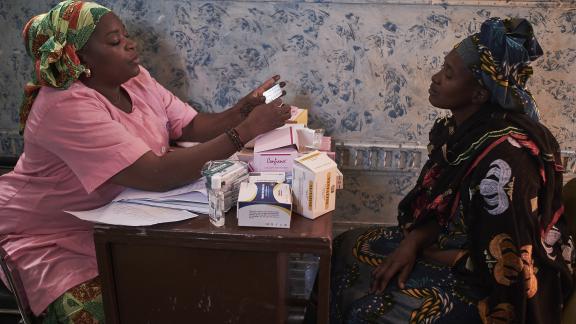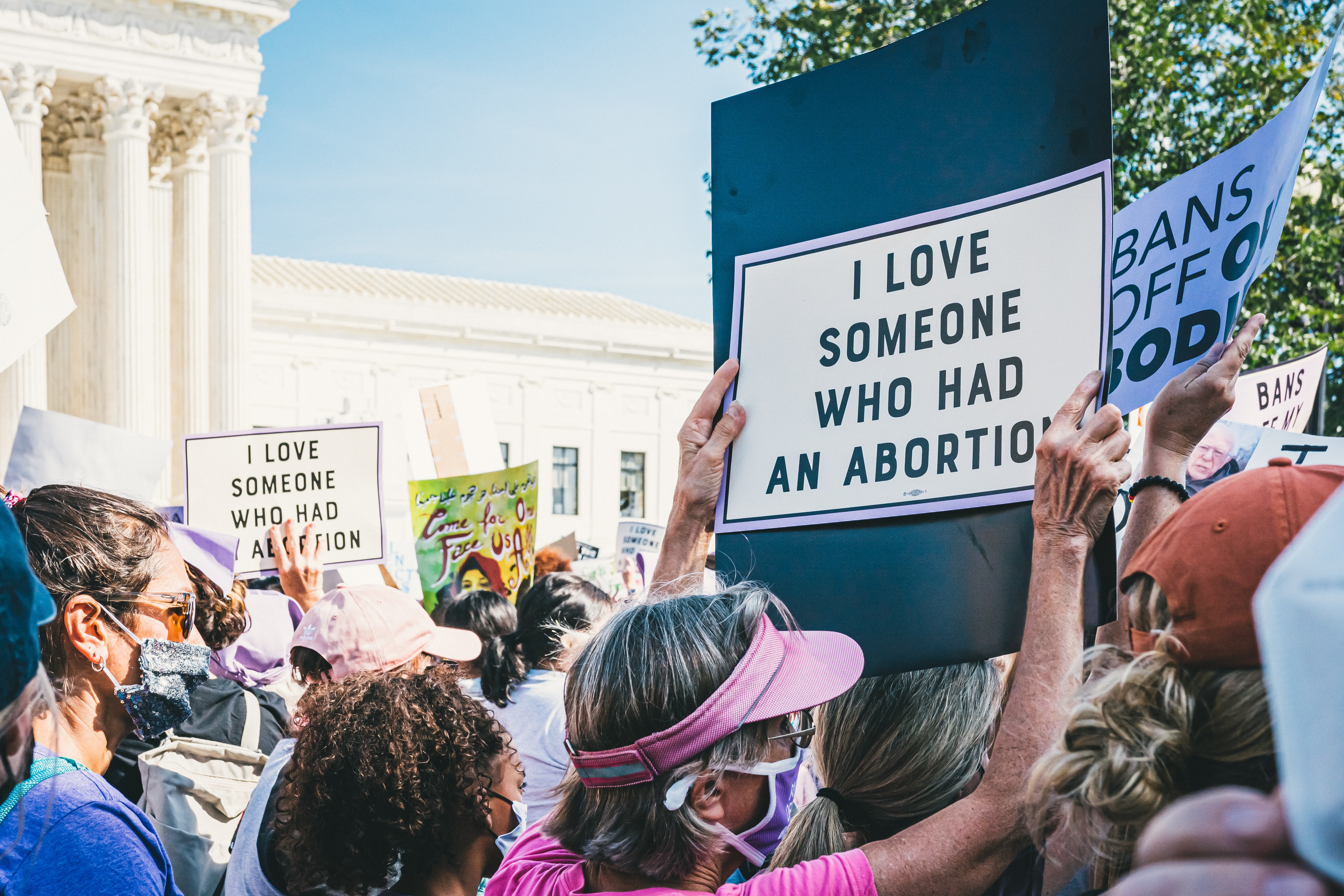It’s been two years since the U.S. Supreme Court overturned Roe v. Wade, revoking the constitutional right to an abortion. With U.S. headlines dominated by the “abortion wars,” it’s easy to forget that on a global scale, the rollback of women’s health and rights has put the U.S. in a lonely category: it is one of only four nations to restrict abortion access in decades, alongside El Salvador, Nicaragua, and Poland. The vast majority of nations are on an opposite trajectory towards expanding sexual and reproductive health and rights (SRHR). In fact, over the past 30 years, more than 60 countries have brought down legal barriers to abortion.
But the global trend towards liberalizing abortion is happening at the same time as a sinister counterforce: an anti-rights movement that wants to erode bodily autonomy. The fall of Roe has emboldened and invigorated these regressive forces around the globe, throwing a dangerous wrench in progress for many countries where activists, advocacy groups, and healthcare organizations have been fighting for years to chip away at stigmas and laws that stand in the way of abortion access.
when
Subject
Abortion Care, Advocacy

“IPPF has a presence in nearly every country in the world,” said Melissa Cockroft, IPPF’s Abortion Global Lead. “Our unique footprint allows us to see the wide-scale impact of decisions like Roe and the reverberations across 155 countries. It allows us to position ourselves, and our partners, to counter extremist opposition to our progress and protect the basic human rights of all people.”

The U.S. is the world’s biggest global health funder, so its policies have an outsized impact. Millions of women have been affected by the overturn, including in countries that were beginning to make hard-fought gains to improve abortion policies, and powerful lobbies are pushing behind the scenes to export a U.S. model for fighting those changes.
The African continent serves as an alarming example of how Roe’s reversal is endangering global progress on abortion care. In recent years, countries including Kenya, Zambia, Uganda, and Benin have taken progressive steps to liberalize abortion access. In Zambia and Benin, women can obtain abortion care under most circumstances, including for socioeconomic reasons.
But in these same places, opposition forces have become better organized—and, in the years since Roe’s reversal, increasingly better funded. These groups often use deceitful tactics to spread disinformation and sway the public. Their campaigns are having a real impact: in Kenya, for example, the Attorney General has moved the Court of Appeal to stay the implementation of a March 2022 decision of the Constitutional Court, which had partly relied on Roe v. Wade and recognized abortion as a fundamental right in Kenya.
Beyond legislation, emboldened anti-rights movements around the world are also endangering access to legal reproductive care. One of IPPF’s Collaborative Partners in Africa reports facing “mystery clients” on a near-daily basis, who come in pretending they need services only to harass patients and staff. They often use deceitful tactics to coax staff into suggesting illegal services in order to report the clinic to the Ministries of Health and have it shut down.
It’s clear two years on that the reversal of Roe has reverberated far beyond America’s borders. Abortion rights movements, care providers, and pregnant people around the world are feeling the strain of its effects. But another, more hopeful truth is also emerging: As the rollback of abortion rights in the U.S. has emboldened anti-rights groups, so too has it reinvigorated feminist movements worldwide. France, for example, was motivated by Roe’s reversal to make abortion a constitutional right. In a historic vote, both houses of France’s Parliament made terminating a pregnancy a “guaranteed freedom” in Article 34 of their constitution. Throughout Europe, Africa, South America, Asia and beyond, the world has been awakened to the stakes in this fight for human rights. We are all aware of the lengths the anti-abortion movement will go to prevent, revoke, and erode women’s access to fundamental care. Now the question is, how far will pro-rights movements go to defend it?
Photo credit: IPPF/Xaume Olleros/Mali











